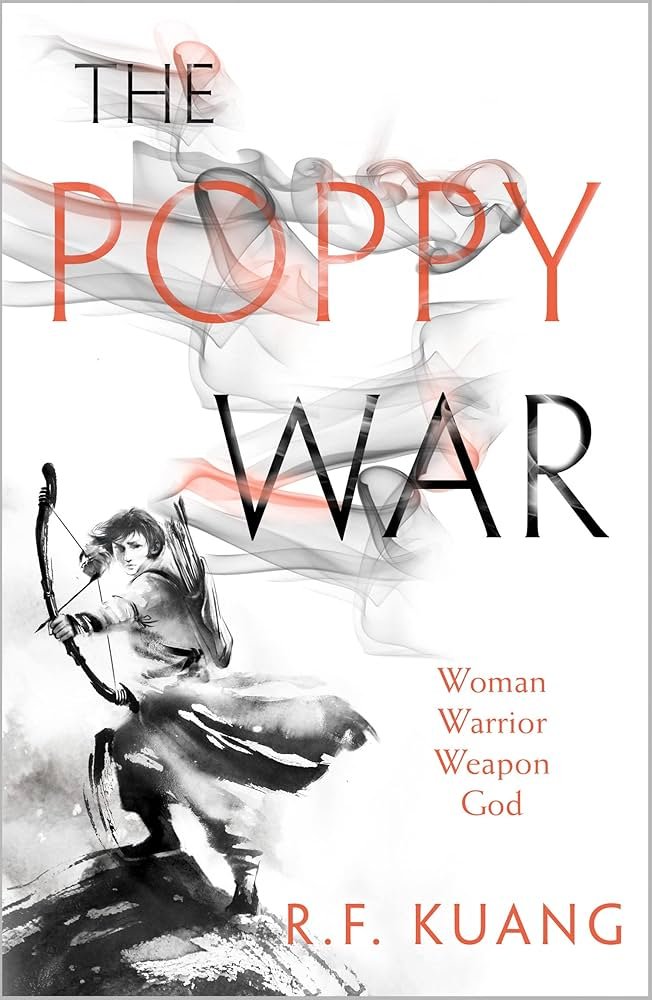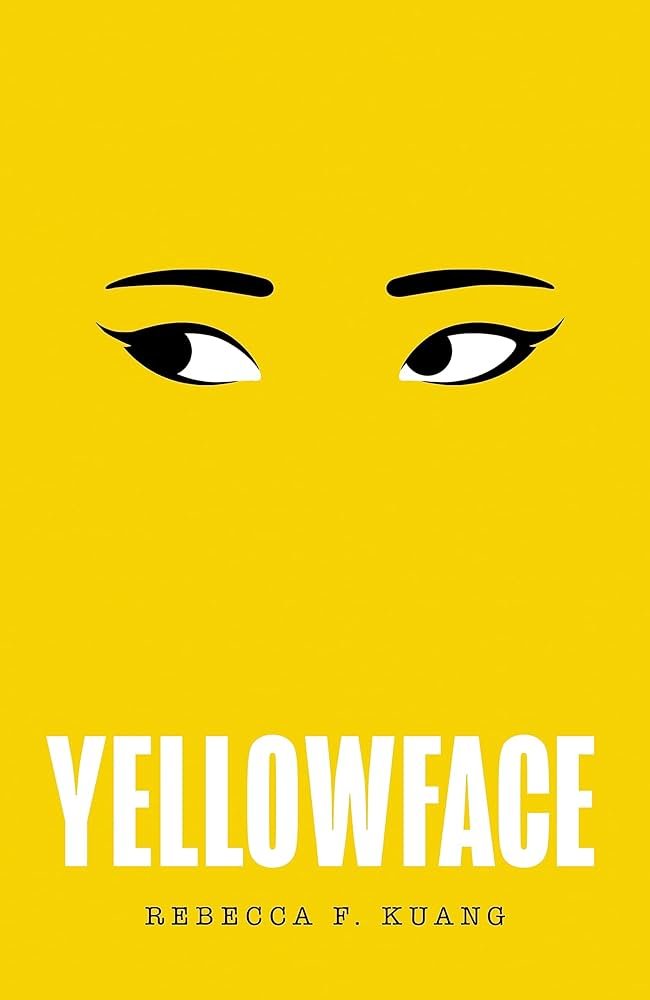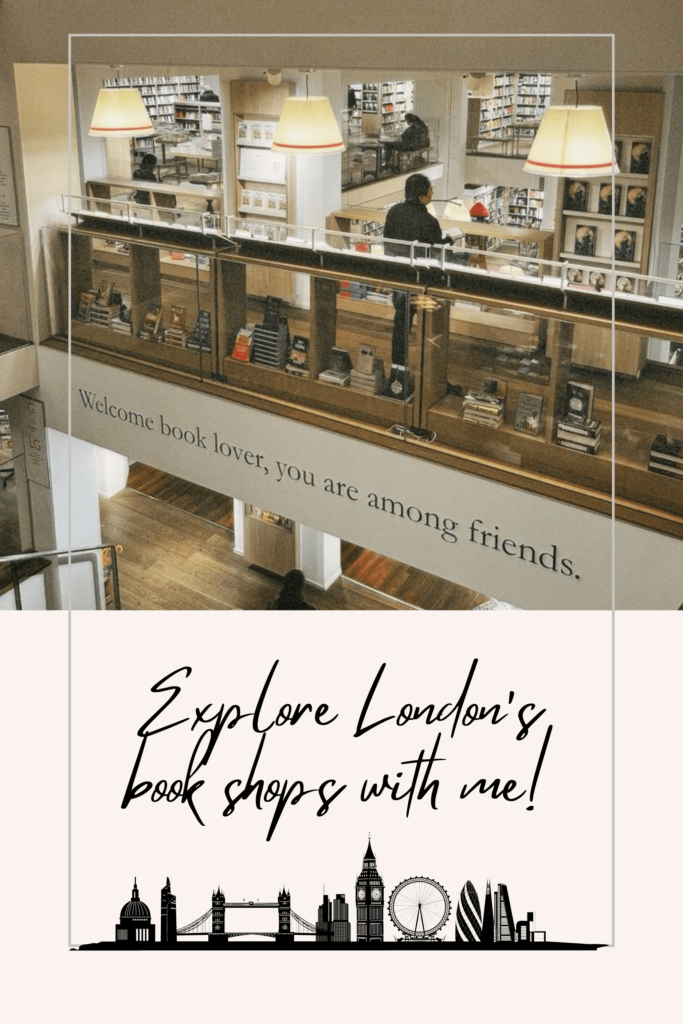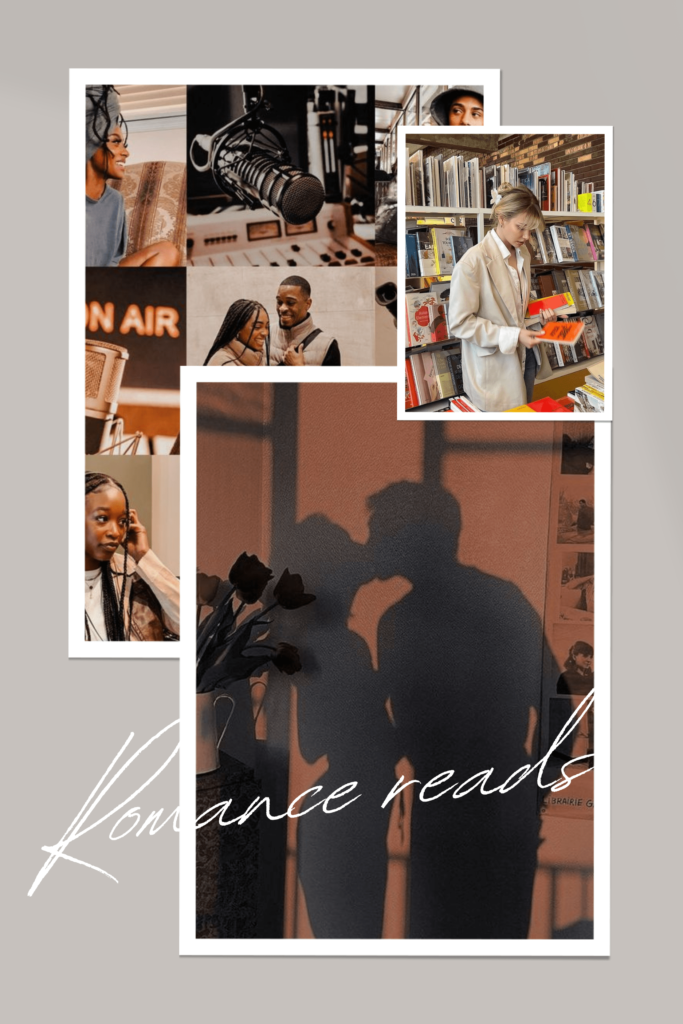What a whirlwind of emotions this reading week has been! 📚 With my trusty feline sidekick, Iroh, by my side, I dove into three of Rebecca F. Kuang’s gripping novels: The Poppy War, Babel, and Yellowface. As a newcomer to Kuang’s work, I wasn’t entirely sure what to expect.
This reading adventure has been both emotionally taxing and deeply rewarding, showcasing Kuang’s remarkable ability to weave compelling narratives across different themes and genres. Here’s a breakdown of my reflections on this trio of books that each offered a unique and profound experience.
Skip to each book via the title, listed in the order I read them.
Watch my reading vlog - spoiler free
If you’d rather watch my spoiler-free reading vlog of Rebecca F. Kuang’s current works, check out my video below. For those who want a deeper dive, I also have a spoiler version at the bottom of the blog, where I share my thoughts, predictions, and a detailed analysis of each book.
Babel (standalone)

Genre: Historical Fantasy, Alternate History.
Pages: 545. | Next book >
Synopsis: Babel explores the world of Oxford’s translation and magical research department, where the protagonist, Robin, discovers the immense power and ethical dilemmas of language and translation. Set against colonial exploitation, the novel delves into power, race, and resistance themes.
Experience: Starting with Babel set a high bar for the week. The book’s exploration of the intersections between language, power, and oppression was both intellectually stimulating and emotionally intense. Robin’s journey through the complex world of magical translation and the impact of colonialism on language was a rollercoaster of thought-provoking moments and emotional challenges.
The book’s profound thematic depth and intricate world-building left a lasting impact, making it a standout read of the week. The emotional weight and complexity of the narrative made this a demanding but rewarding experience.
I stayed up until 2 a.m. to finish the book—the last few chapters had me in a chokehold, and I couldn’t put it down. Babel lingered in my mind all week as I replayed the heartbreaking moments and reflected on the harsh parallels between this historical fantasy and real life.
The Poppy War (#1 of a trilogy)

Genre: Historical Fantasy, Dark.
Pages: 527 | Next book >
Synopsis: The Poppy War introduces us to Ren, a war orphan who earns a spot at the prestigious Hesperians Academy, where she discovers a world of dark magic and brutal warfare. As Ren navigates the treacherous landscape of the academy and confronts her own moral ambiguities, she is forced to confront her own past and the implications of her powers.
Experience: After the heavy emotions of Babel, I was expecting a slight shift in tone with The Poppy War. However, it quickly plunged me into a world steeped in dark magic, morally complex characters, and hard-hitting themes such as war, drug use, genocide, torture, self-harm, and rape.
Ren’s journey is both compelling and challenging, presenting a heroine who defies traditional expectations. While I initially felt a bit disappointed by the lack of intense action scenes, this was more than made up for by the book’s strong character development and world-building. Ren’s relationships, especially with her mentor Jung, added depth and humour to the narrative, setting a solid foundation for future developments in the series.
It’s crucial to note that this book deals with truly horrifying themes, and I strongly recommend checking trigger warnings. The latter half of the story contains tragic and graphic events, described in vivid detail, that will leave you shocked, devastated, and conflicted about who to support and who’s truly in the right.
Yellowface (standalone)

Genre: Satire, Psychological Fiction.
Pages: 323. | Skip to what I rated each book >
Synopsis: In Yellowface, June Harper, a struggling writer, steals the manuscript of her deceased friend Athena, a successful Chinese American author, and publishes it as her own. The novel satirises the publishing industry’s racial dynamics and the consequences of cultural appropriation.
Experience: Ending the week with Yellowface was a good choice. After the heavy fantasy and heartbreaking themes of the previous books, it was refreshing to close with a satirical story that, while less dark, still delved into significant and relevant themes within today’s publishing industry.
This book’s take on the publishing world and its exploration of race and identity offer a sharp critique of industry practices and personal ethics. June’s audacious and morally questionable actions created a narrative that had me wanting to punch her in the face—it’s hard to read a book where the main character is so infuriatingly hateable.
The novel’s dark comedy and critique of cultural appropriation made for a gripping conclusion to the week. Although it didn’t resonate as strongly as the other two books, its sharp satire and engaging narrative offered a distinct and valuable perspective.
When I finished this book, my mouth was left open—I didn’t know how to feel. I was frustrated, angry, and in disbelief. The intensity of those emotions reflects the outrage of what people often get away with in the real world. Yellowface is a book that left me desperate to discuss it with others and hear their opinions because, honestly, WTF. There’s so much to unpack, as you can interpret a wide range of thoughts and themes from this book.
Overall Impressions and Ratings
Listed from least to most favourite (though I enjoyed all books!):
- Yellowface: 3.75 out of 5. Compared to R.F. Kuangs other work, this was my least favourite read. Even so, its satirical edge and commentary on the publishing industry had me both laughing and reflecting on the world of publishing.
- The Poppy War: 4 out of 5. This gripping introduction to Ren’s world blends military fantasy with dark magic and complex character dynamics. It sets a solid foundation for future instalments, and I’m eager to read The Dragon Republic (#2).
- Babel: 4.5 out of 5. This book stands out as both emotionally powerful and intellectually stimulating. Its exploration of language and power, combined with profound themes and evocative storytelling, makes it a remarkable achievement. It’s been my favourite read of 2024, and I don’t think anything will top it.
Reading vlog with spoilers
What's Next
Rebecca F. Kuang’s works are a testament to her skill in crafting narratives that challenge, engage, and provoke thought. From the emotionally charged themes of Babel to the morally grey world of The Poppy War and the satirical lens of Yellowface, each book offered a distinct and valuable experience.
If you’ve read these books, I’d love to hear your thoughts. How did your experiences compare to mine? What did you think of the character dynamics and thematic explorations?
Happy reading!
In the meantime, check out my Youtube channel, TikTok and Pinterest boards for funny memes, book aesthetics, and more book recommendations and reviews!
Latest posts

Exploring London Bookshops: A Book Lover’s Guide

Recent Romance Reads: From Fake Dating to Small-Town Romance

